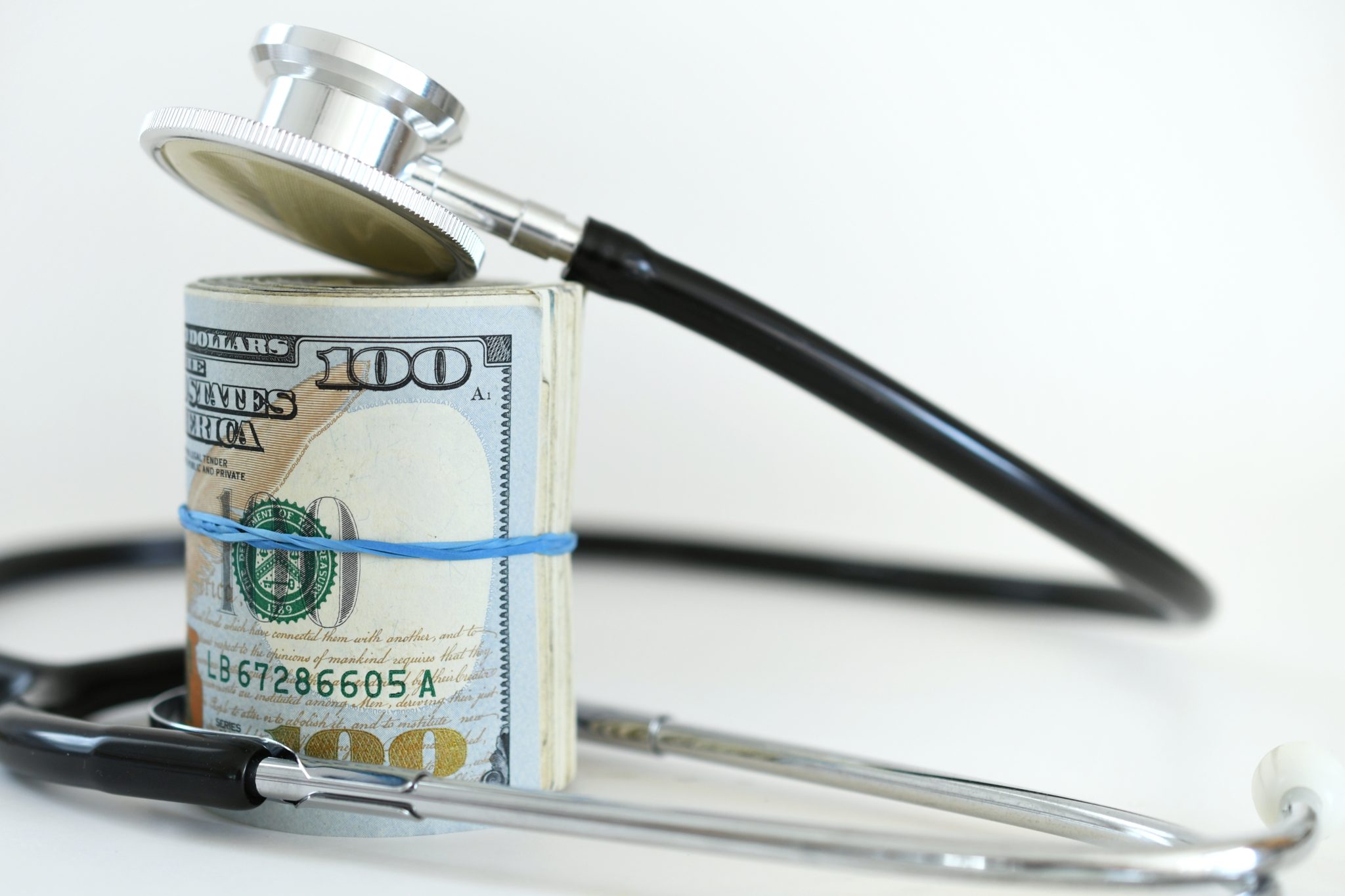 Health Savings Accounts (HSAs) are becoming an increasingly popular way for individuals to save money on healthcare expenses while also reducing their taxable income through its tax benefits. They’re an excellent tool for managing out of pocket expenses for health care such as dental services, vision expenses, and other qualified medical expenses. It can be used in addition to your health coverage. However, not all HSA users are maximizing the full potential of their accounts. Here are five tips to help you get the most out of your Health Savings Account.
Health Savings Accounts (HSAs) are becoming an increasingly popular way for individuals to save money on healthcare expenses while also reducing their taxable income through its tax benefits. They’re an excellent tool for managing out of pocket expenses for health care such as dental services, vision expenses, and other qualified medical expenses. It can be used in addition to your health coverage. However, not all HSA users are maximizing the full potential of their accounts. Here are five tips to help you get the most out of your Health Savings Account.
1. Contribute as much as you can.
HSA accounts offer triple tax savings, meaning you can contribute money tax-free; it can grow interest tax-free, and you can withdraw it tax-free for eligible medical expenses. Many employers even contribute to their employees’ HSA funds. To make sure you’re maximizing your HSA savings for future healthcare expenses, it’s essential to contribute as much as you can to your hsa balance, up to the maximum annual contribution limits. In 2023, the individual limit is $3,850, while the family limit is $7,750. Fortunately, these annual maximum limits will increase in 2024 to $4,150 and $8,300, respectively.
2. Use over the counter (OTC) if feasible.
You can only use your HSA funds for eligible medical expenses, and OTC drugs are included in that list. Additionally, choosing a generic drug over a brand name over the counter drug can help generate greater cost savings. By using your HSA funds to pay for OTC drugs, you can save your money on these expenses and reduce your taxable income when it’s time to pay taxes.
3.
Only visit the emergency room in the case of a true emergency and understand your network.
Remember that your doctor’s office and the urgent care center are more appropriate places to treat conditions that are not life-threatening— and they are a lot more cost-effective. When seeking care, it is also important to know what physicians are in your health insurance network, since out-of-network care will typically result in higher out-of-pocket costs. However, if your condition is life threatening (for example, if you’re experiencing chest pain, uncontrollable bleeding or severe abdominal pain following an injury), do not hesitate to go to the emergency room.
4. Beware of possible medical billing errors.
Unfortunately, medical billing errors do occur. When they do happen, it can cost patients thousands of dollars. One way to be cautious is to be aware of your minimum deductible and understand how your specific health insurance plan works. Additionally, before you pay for a bill, review the statement for accuracy. Health care expenses can be confusing, so asking for an itemized statement can help you take a look at the breakdown of each fee and service. With this receipt, you can verify you received each service they are charging you for. Taking these extra steps can help you avoid paying for high health care costs.
5. Stay healthy!
Regular exercise, a healthy diet, 7-8 hours of sleep, and abstaining from tobacco can help you maintain good health. Be sure to use preventive services, such as annual physicals, that are covered without any cost-sharing by your high deductible health plan. Additionally, some HSA providers offer wellness incentives, such as lower fees or cash rewards, for participating in healthy activities like paid gym memberships or smoking cessation programs.
These five steps can help you not only stay healthy but preserve money in your Health Savings Account for years to come. Health Savings Accounts can be a valuable tool for saving money for qualified medical expenses and reducing your taxable income.
Be sure to follow us on LinkedIn, Twitter, and Facebook and our blog for the latest Higginbotham Public Sector updates.

